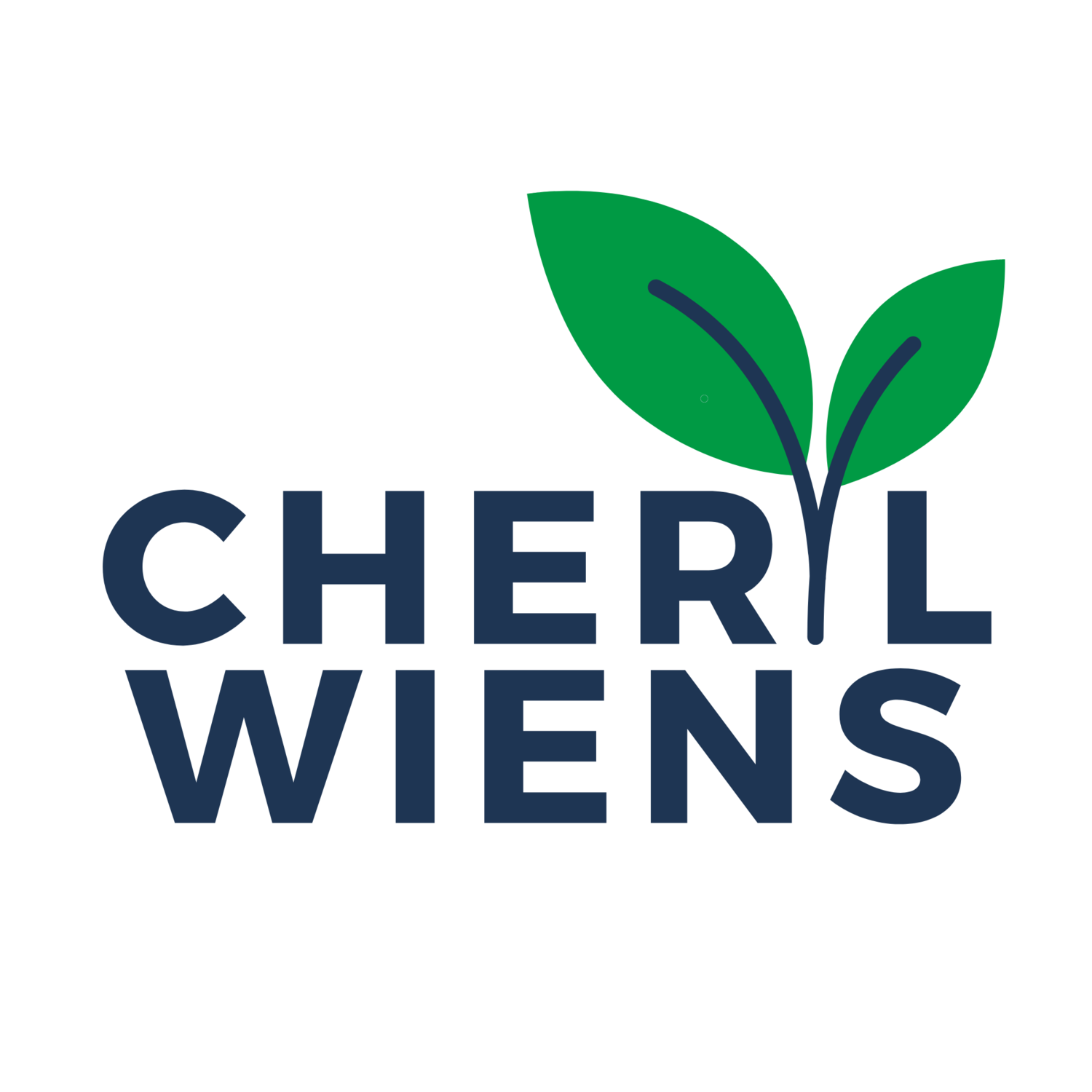A Cautionary Tale: Farms replaced by toxic emissions in Surrey
I have written quite a bit about the industrialization of rural farm land in South Surrey. Some may wonder why given that I live in the Township of Langley. Shouldn’t I be more concerned about the decisions being made in the Township?
Well I can assure you loss of rural and ALR land in the Township is a problem that hasn’t escaped me. I write about what’s going on in Surrey partially because of it’s impact on the Township’s water supply (i.e., the Brookswood-Fernridge aquifer) but also because I believe what’s happening there should serve as a cautionary tale for us here in the Township.
The first victim of the City of Surrey’s insatiable appetite for more industrial land was the rural Campbell Heights area. That area is now almost completely covered in warehouses. A single prime piece of agricultural land in Campbell Heights has managed to remain in use by local farmer Wes Heppell but it too is now under threat and the rural South Campbell Heights area is up next to be devoured.
One way the City of Surrey allays concerns during these rezoning processes, is to promise residents the land will only be zoned for business parks and ‘light impact industrial uses’.
False Advertising
The City of Surrey’s marketing materials for the planned Campbell Heights business park refers to ‘light impact industrial uses’.
The City of Surrey’s Zoning Bylaw 12000 defines light industrial as ‘an industrial use which is enclosed within a building and is not offensive by reason of smoke, vibration, smell, toxic fumes, electrical or electronic interference and produces no significant noise which in any way interferes with the use of any contiguous lot, but excludes salvage industry.’
Interesting then that Weir Canada, owner of a rubber plant in the Campbell Heights area, recently applied to Metro Vancouver for a permit to increase their total allowable emissions - including a 4800% increase in the release of coarse particulate matter and a 1900% increase in the release of 2-butoxyethanol. Both pollutants are shown in studies to either have serious human health impacts or the potential for serious human health impacts based off of animal studies.
So what does all of this have to do with the Township of Langley?
Recently, 36 acres of farmable, formerly ALR land was rezoned from rural to industrial in the Township. It’s a bad precedent. Elected representatives will claim this decision was important for job creation. However, the truth is the manufacturing industry is currently suffering from a significant and persistent labour shortage. They can’t fill the jobs that already exist and we certainly can’t eat rubber plant emissions. As our population grows and climate change progresses, we will come to regret these decisions.
So what can you do to stop the conversion of farm land to industrial land in Surrey and Langley?
Sign the petition to preserve prime agricultural land in Campbell Heights.
Submit feedback on Weir Canada’s permit application to increase harmful emissions.
Email your elected representatives and tell them you do not support rezoning farm land for industrial uses.
Get informed and vote this Fall for municipal candidates who are defenders of farm land.


